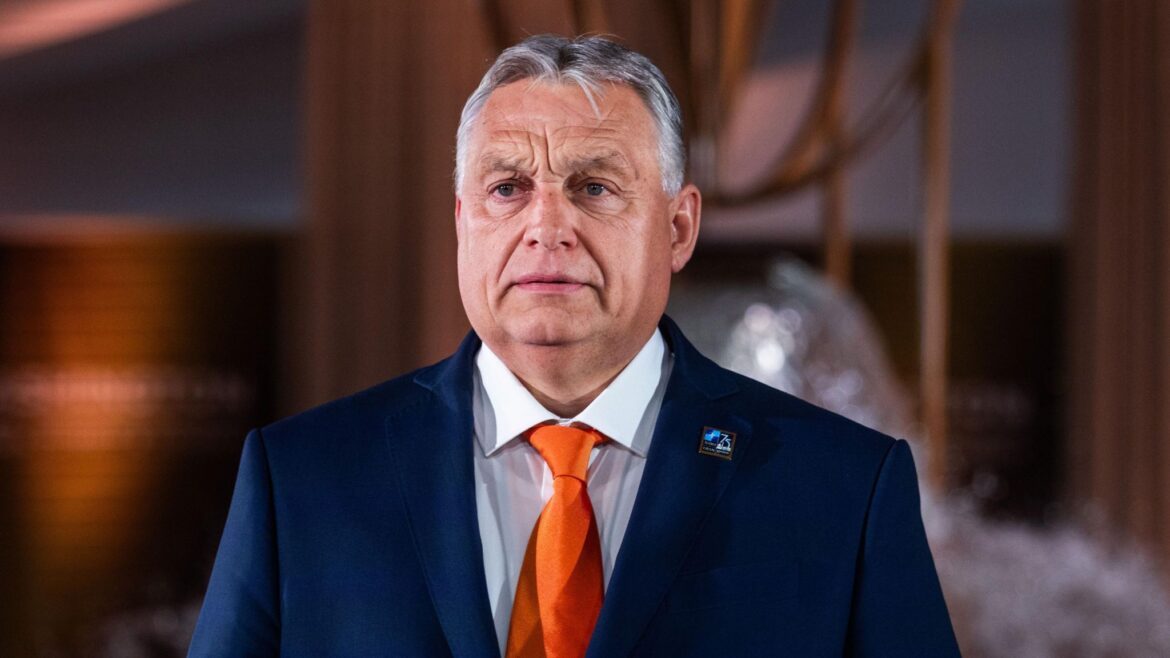Of the 26 other countries in the EU, only Slovakia has backed Hungary in the dispute.
However. Luxembourg’s Foreign Minister Xavier Bettel, told reporters that he would go to Budapest because a boycott would be “nonsense”. Mr Bettel felt that it was better to tell the Hungarians the EU was unhappy with their actions as “ignoring or not choosing dialogue would be a mistake”.
Polish Foreign Minister Radoslaw Sikorski proposed that the August meeting should take place in western Ukraine, but that idea was blocked by Budapest.
Responding to Mr Borrell’s decision, Hungarian Foreign Minister Peter Szijjarto wrote on Facebook: “What a fantastic response they have come up with.
“I don’t want to hurt anyone’s feelings, but it feels like being in a kindergarten.”
Mr Orban’s meeting with Mr Putin came as part of what he described as a “peace mission” – launched days after Hungary assumed the council presidency – that also saw him visiting the leaders of Ukraine and China, as well as Republican presidential candidate Donald Trump in the US.
The trip sparked condemnation from leaders across the EU, with European Commission chief Ursula von der Leyen describing it as “nothing but an appeasement mission”.
Finnish Prime Minister Petteri Orpo said Mr Orban had “no mandate to negotiate or discuss on behalf of the EU”, while Swedish Prime Minister Ulf Kristersson said the trip sent “the wrong signal to the outside world and is an insult to the Ukrainian people’s fight for their freedom”.
The episode is one of numerous occasions since Russia launched its full-scale invasion of Ukraine on which Hungary has been at odds with most of the rest of the EU about the appropriate response.
After winning re-election in April 2022, just months after the invasion, Mr Orban told a crowd of supporters that Ukrainian President Volodymyr Zelensky was among the people he would have to “battle” in his fourth term.
Last year, he repeatedly used Hungary’s veto to delay a €50bn (£42bn) package of non-military financial aid to Ukraine.


